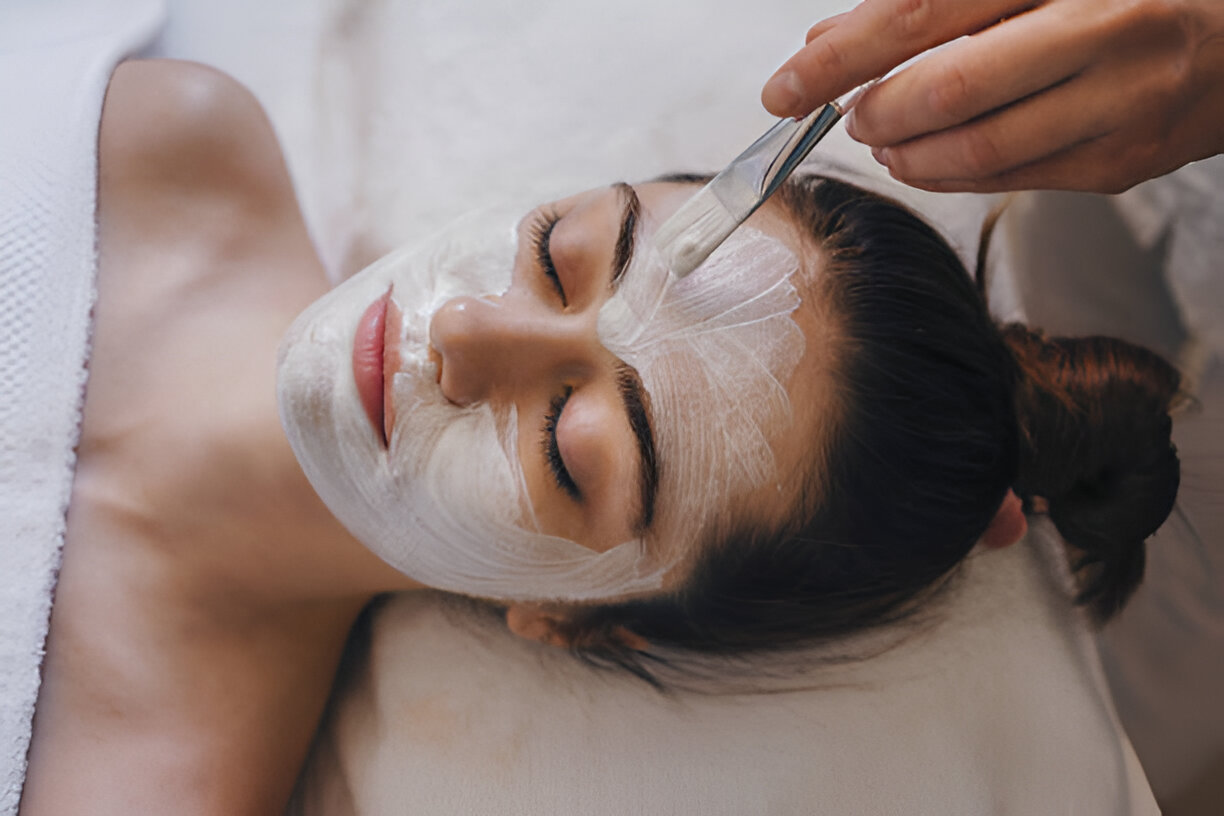Facials are a rejuvenating skin care treatment designed to cleanse, exfoliate, and hydrate the skin. This makes it refreshed and glowing. By removing impurities and dead skin cells, facials promote healthier skin and enhance its overall appearance.
So, how often should you get facials? For many individuals, a facial once a month can be beneficial, but it’s essential to consult with a dermatologist for personalized advice based on your unique skin needs.
At Adult and Pediatric Dermatology, our experts can assess your unique skin needs and create a personalized facial schedule that makes sure your skin stays radiant and healthy. Contact us today to book your appointment.
How Often Should You Get a Facial?
The frequency of facials should be determined by a dermatologist or licensed professional. It will be depending on your skin type, concerns, and long-term skincare goals. Generally, professionals recommend a monthly facial for most skin types.
This timeline also aligns with the skin’s natural regeneration cycle, which is approximately 28 days. However, individual needs may vary. Here’s an approximate timeline for getting facials based on different skin types:
Oily or Acne-Prone Skin
Individuals with oily or acne-prone skin can benefit from more frequent facials, as these treatments help manage excess oil and prevent breakouts.
Dry or Sensitive Skin
Individuals with dry or sensitive skin are generally recommended to have a facial every four to six weeks to avoid irritation while maintaining hydration.
Normal or Combination Skin
A monthly facial is usually sufficient for normal or combination skin types to maintain balance and address occasional concerns.
A consultation with an experienced dermatologist at BP Smiles can help you determine the ideal facial schedule for your skin type.
Things to Consider Before Getting a Facial
- Skin Type and Concerns: Identify your skin type and any specific concerns like acne, hyperpigmentation, or aging to customize the facial to your needs.
- Allergies and Sensitivities: Before getting a facial,inform your esthetician about any allergies or skin sensitivities. This will help you avoid any adverse reactions to the products used during your facial.
- Current Skincare Routine: Share your current skincare routine with your esthetician to avoid any conflicts with the facial treatment.
- Health Conditions: Certain health conditions, such as rosacea or severe acne, may require specialized treatments. Discuss these with your esthetician beforehand to avoid complications.
Benefits of Getting a Facial
Professional facials offer numerous benefits that go beyond what you can achieve at home. Here are some key advantages:
- Facials provide a deeper cleanse than typical skincare routines, helping to remove dirt, oil, and impurities, which may contribute to clearer skin over time.
- Professional exfoliation during facials removes dead skin cells, promoting cell turnover and revealing fresher, brighter skin.
- Facials often include intensive moisturizing treatments that deeply hydrate the skin. This improves both the texture and plumpness of your skin.
- Facial massages boost blood flow, bringing more oxygen and nutrients to your skin, which gives a healthy glow.
- Many facial treatments target hyperpigmentation and uneven skin tone. They help to fade dark spots and create a more uniform complexion.
- Certain facials may help stimulate collagen production, which could reduce the appearance of fine lines and improve skin elasticity as part of an overall skincare plan.
At our clinic, all facial treatments are overseen by board-certified dermatologists, ensuring a safe and effective approach customized to your unique skin needs.
What to Do Before and After a Facial?
To maximize the benefits of your facial treatment, follow the pre- and post-care advice provided by your esthetician or dermatologist.
Before a Facial:
- Try to avoid using exfoliating products, such as scrubs or acids, for at least 48 hours before your facial to prevent irritation.
- You might also want to consider pausing the use of retinoids at least 3–5 days before your appointment, as they can increase skin sensitivity during treatment.
- Stay hydrated by drinking plenty of water before your facial to make sure your skin is ready.
- Inform your esthetician about any skin changes, new products you’re using, or recent treatments.
After a Facial:
- Try to skip heavy makeup for about 24 hours to give your skin a chance to breathe and fully soak in the benefits of your facial.
- Continue to hydrate your skin with a gentle moisturizer and protect it with a broad-spectrum sunscreen.
- Give your skin a break from exfoliation for a few days to prevent over-exfoliation and irritation.
- Use any products recommended by your esthetician to maintain and boost the effects of your facial.
Adult and Pediatric Dermatology: Your Skin Health is Our Priority
At Adult and Pediatric Dermatology, our dermatologists provide personalized facial treatments for all ages, using a professional and medically sound approach to address your skin concerns.
Our expert dermatologists offer a range of facial treatments that cleanse, exfoliate, and nourish your skin, all as part of a comprehensive dermatological care plan customized to your specific skin needs.
Whether you’re dealing with acne, signs of aging, or simply want to maintain a healthy complexion, we have the perfect solution for you. Call us today at 718-896-3376 to schedule your personalized consultation and discover the best facial treatment for your unique skin needs.
Disclaimer: This article is for educational purposes only and is not medical advice. Consult your physician for any medical concerns or before starting any treatment. Do not ignore professional medical advice due to the information read here. The authors are not responsible for any outcomes from the use of this information.

